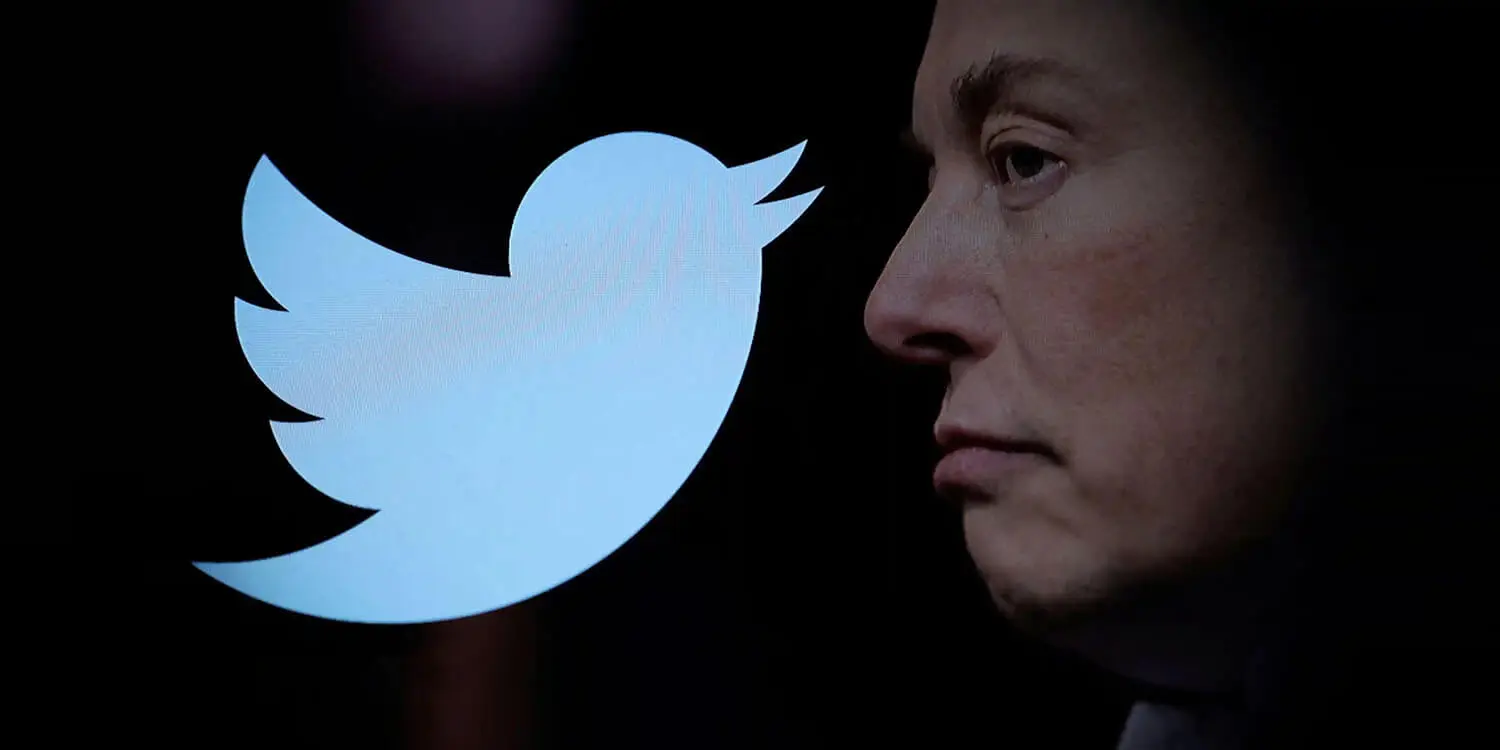Aloy Mahapatra & Gaurav Saket, Senior Consultants at Avalon Consultant discuss about business viability and potential challenges for Twitter. In this article, they discuss that quest for profitability is understandable from Musk’s view, and decision to charge for verification is one of the practical ways to achieve that.
They also suggest that Twitter could explore transitioning from being the social media chatter-square to an integrated platform like Wechat They discuss about the potential challenges for Twitter, namely Loss of Ad revenue, Chaotic trial and error phases and Autocratic Government actions and a need for clear direction to tackle them. They conclude by emphasising a need for empathy to retain users and to make Musk’s legacy untarnished.
There’s been enough and more buzz around Elon Musk’s recent USD 44 billion acquisition of Twitter. After many flip-flops initially, the billionaire entrepreneur went ahead and eventually signed on the dotted line. But no sooner did the ink dry on the deal than we were gripped with news of pink slips replacing the blue ticks. Almost 3,700 employees were asked to leave the organization over a weekend.
Understandably, Musk received flak for the way in which the layoffs were carried out. The only way of really knowing if one was still on the payroll, was to see if one had access to the company’s IT system. With about half the workforce locked out of it, Musk faced backlash the world over.
While the way the actions were taken deserves the global reprimand that it is correctly receiving, there is a finer print within this chaos of information that could do with some telling.
Moderation v. business viability
That a for-profit business should be just that – profitable – is well accepted. All stakeholders know that – Musk, the management at Twitter, the laid-off employees and certainly the world media that is tracking every development at Twitter’s office closely. Therefore, it would seem logical that any acquirer with an interest to take a business forward would have profitability as a key metric on the anvil. Musk is no different.
Twitter has churned out a profit in only 2 of the last 10 years. Understandably, Musk would be concerned and has proceeded as he has. The decision to charge for verification is certainly one way to bring in some revenue. The backlash he is facing is that this opens up the platform to malicious users. Detractors say that it could lead to a whole host of problems around public safety as unmoderated spiels on the platform could ignite the passions of people who are pre-disposed to public harm. This is a concern. But is there no workaround that can sufficiently take care of both, the entity’s profitability as well as mitigation of risk? We think not.
With sufficient checks and balances in place, Twitter could transition from simply being the social media chatter-square that it is today, to a platform that is so much more. Taking a cue from the widely popular Chinese app, WeChat, Twitter could integrate other offerings such as payments, food deliveries, messaging and more into one platform. And what of the verified accounts that could fly off the handle with their comments and opinions? Setting up a framework which encapsulates public safety as well as a motley of local laws and regulations preventing the inciting of violence would be beneficial. Indeed, this would go against the grain of the Musk approach of being a free-speech absolutist but as with any influential initiative and organization, as soon as its regular affairs affect the larger public, it should be subject to certain checks and balances. The point is, the restrictions should apply through a combination of the internal frameworks and the obligations under local laws – not at the behest of a group of individuals that simply just don’t agree with a particular view.
Having said that, there is no taking away from the fact, however, that any cost-cutting measures (particularly, where it affects a large section of the workforce) should be done compassionately and with cognizance of the potential adverse impacts of such a move.
Potential Challenges:
There are, however, some challenges that will certainly come to the fore:
- Loss of ad revenue: We’ve seen this playing out already where firms like United Airlines, Volkswagen, Pfizer, Audi, etc have discontinued advertising on the platform. There is one hypothesis that most automotive players are pulling out because of the common ownership angle of Tesla and Twitter. Be that as it may, considering such exits, it will become even more imperative for Twitter to integrate other revenue-generating models within its fold and not solely rely on advertising which hitherto contributed close to 90% of its revenue.
- Chaotic trial and error phases: With a major chunk of its workforce out, one challenge that Twitter has already faced is to validate the actual owners of Twitter accounts. For example, there was a fake account created on behalf of Eli Lilly which spread misinformation and eventually led to a lot of adverse coverage along with a loss of billions in market cap for the pharma major. Following this and more incidents, Twitter quietly dropped the paid verification option initially but has now decided to re-launch the same in a different avatar. This suggests that Twitter users are subjected to uncertain phases where they will be the sample size on whom new initiatives will be tested. It could either spell disaster or for the keener loyalists, a chance to play an integral role in the future of the platform.
- Autocratic government actions: Twitter was an active forum for organised peaceful dissidents. People could anonymously use the forum to challenge autocratic governments and organise themselves for common causes. That will be increasingly difficult now with Musk’s clearly announced intent to eliminate anonymous users completely from the platform. Governments will likely charge down on users who expose themselves, thereby preventing the freedom of expression. The irony is not lost. The very purpose for which Musk abolished moderation i.e. to encourage free speech, may eventually be sacrificed. Twitter should now devise an action plan that will protect anonymity and prevent the higher powers that be to come crashing down on honest freedom of expression.
Therefore, it appears that Musk is still not clear about the direction in which he wants to take Twitter. Lack of a vision and a “hit and try” approach could lead to adverse consequences for the platform, as frustrated users could drop off. Be that as it may, any forward-looking action must be taken with empathy at the very core – to retain users, to keep respect intact and to ensure that Musk’s legacy goes on untarnished.




